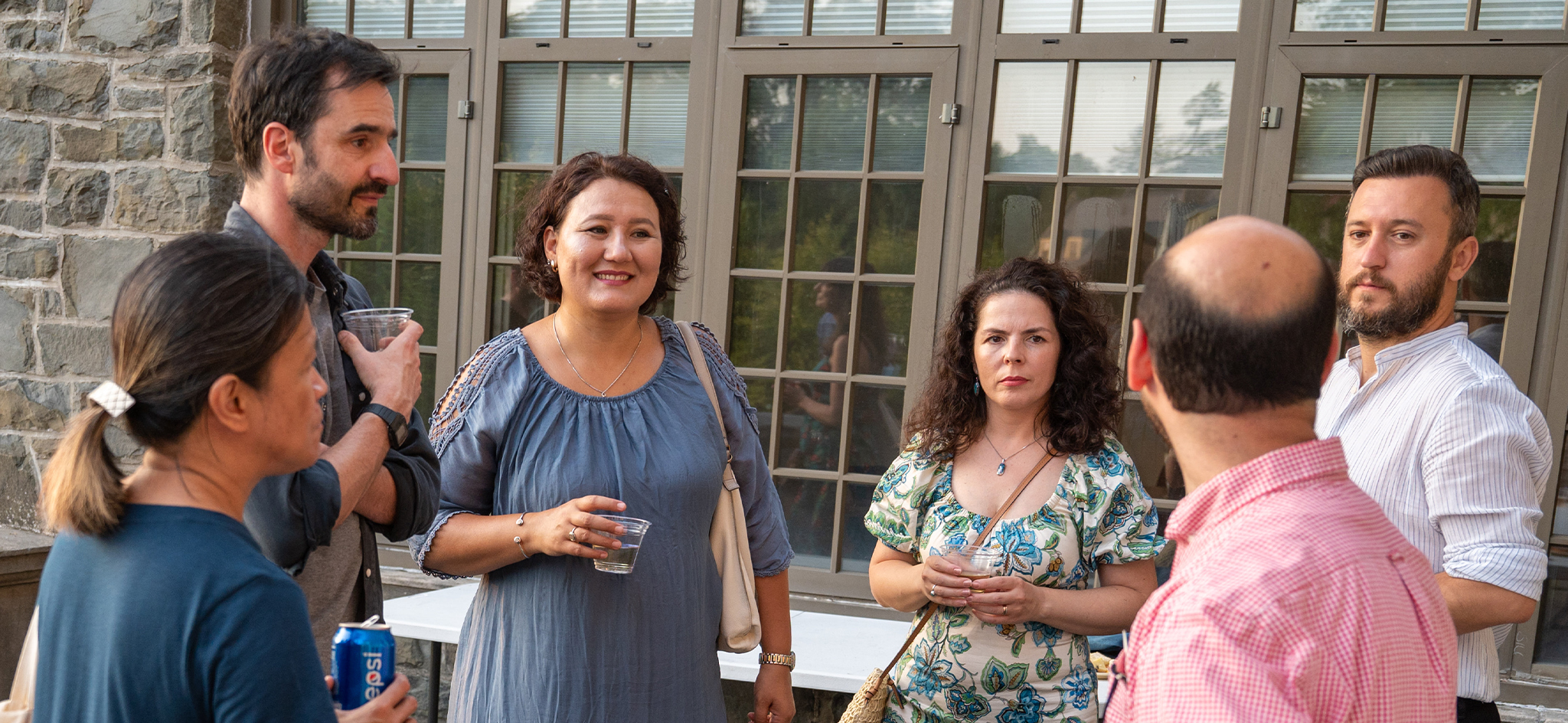This series of two workshops offers a philosophical, yet practical deep dive into how educators can transform their approach to content delivery by shifting to a student-centered model of liberal arts and sciences pedagogy. Higher education institutions across the world have traditionally relied on teaching practices that offer a “conveyor belt” style of learning, where educators lecture students, who diligently take notes and passively absorb information (Becker 8). In contradistinction, liberal arts and sciences, student centered pedagogies create a classroom environment that encourages students to, according to Jonathan Becker, “question assumptions and conclusions, analyze texts and derive their own interpretations, debate and role play, and to learn from one another, thus democratizing the learning experience” (8).
During the first of the two workshops, participants will learn the hows and whys of liberal arts and sciences styles of student-centered learning and will come away with concrete tools they can use to make their classroom spaces where students feel empowered to think critically and more actively examine the world around them. The second workshop will provide participants with a discussion of the philosophical underpinnings of liberal arts and sciences, student-centered learning practices, and a chance to experiment with said practices as they relate to their own course designs and objectives with other faculty from across the OSUN network.
Participation in both workshops is recommended, and participants must attend Part 1 on October 3 to attend the follow up workshop on Nov 7. Please note that we will be asking participants in the Nov 7 workshop to submit a revised course design in advance to review and discuss with their peers.
